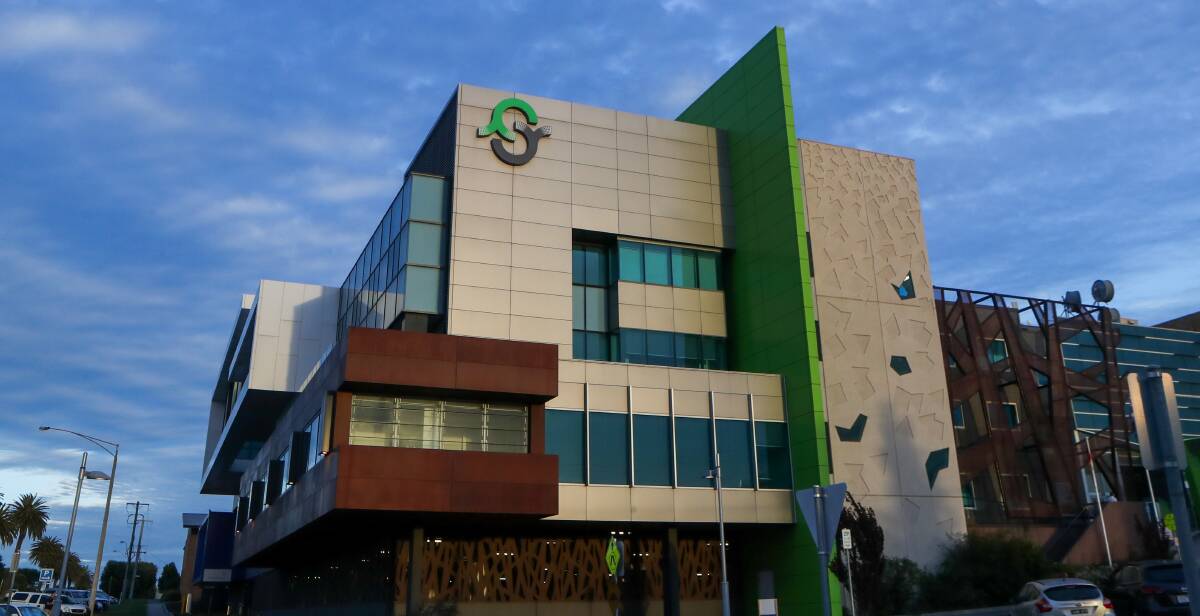
ELECTIVE surgery wait times have blown out to almost three times longer in Warrnambool due to COVID-induced cancellations, according to data from the Australian Institute of Health and Welfare.
Subscribe now for unlimited access.
$0/
(min cost $0)
or signup to continue reading
The federal government data shows patients waited longer than ever for essential surgery, across a range of categories and conditions in the city.
The non-urgent elective surgery wait list at South West Healthcare Warrnambool ballooned to 218 days in the past financial year compared to 85 the year before.
In 2020-2021 the hospital completed 1168 non-urgent surgeries compared to 978 in 2019-2020, with the wait time in days almost tripling.
In the same period semi-urgent elective surgeries dropped slightly from 1183 to 1123, yet wait times increased to 63 on average compared to 55 days.
For urgent elective procedures the wait time increased incrementally - 14 days compared to 12 - with 961 surgeries compared to 954.
SWH said it did not work from AIHW data, and used figures from ESIS - the Victorian government's elective surgery system.
SWH chief executive officer Craig Fraser said there was currently 1260 people on the elective surgery waiting list, around 160 above normal operations.
"During the pandemic state governments have capped the workload of elective surgery across the state," he said. "SWH have continued to provide elective surgery whenever possible as well as continuing work with St John of God which has allowed more people to be treated within the region.
"This is why our relationship with St John of God has been such a great outcome for the community, because between the two healthcare services we have been able to provide a high number of surgical services to public patients, during times when services were capped state-wide."
He said it wasn't possible to calculate how many surgeries were deferred due to COVID-19, but that the pandemic was "the overwhelming reason" for elective surgeries being interrupted and deferred.
"The elective surgery wait list is fluid, and patients can be re-categorised and drop on and off, this can alter timeframes and numbers of individuals," he said.
"We do know there were obviously a number deferred, and that this has been frustrating for the community."
SWH anticipate to be up and running at 100 per cent capacity in elective surgery by the first week in March 2022.
The Australian Medical Association and the Royal Australasian College of Surgeons have called on all levels of government to develop a national plan to address the growing and increasingly critical backlog of elective surgeries.
While the AMA and RACS have both supported the state government's postponement of some elective surgeries to prevent the COVID-19 surge from overwhelming public hospitals, they say this approach is increasingly unsustainable.
An urgent plan is needed to restore reasonable and acceptable access to elective surgery, as well as a long-term funding arrangement to ensure this backlog is cleared, AMA president Dr Omar Khorshid said.
"Two years into the pandemic and with a highly vaccinated population means that blanket suspensions of elective surgery should be only used as a last resort," Dr Khorshid said.
"The fact that these are still happening points to the failure of governments to properly invest in public hospital capacity, as well as a failure to undertake the necessary planning needed to avoid this outcome."
RACS President Dr Sally Langley said elective surgery was not an optional procedure.
"It is essential surgery. It is surgery to address often life-threatening conditions and conditions that prevent patients from living a normal life because of severe pain or dysfunction," Dr Langley said.
"For many patients waiting in line in pain to have a critical operation, the delays in surgery can be devastating.
"Further, the lack of screening procedures has resulted in patients presenting with more advanced cancers, and in some cases, it has dramatically altered their prognosis."
With hospitalisations having halved since late January, the Victorian government has lifted the 'code brown' pandemic alert issued for the health system.
The unprecedented alert was implemented in January as hospitals and health services came under increasing pressure due to the Omicron wave and saw urgent services further cut back and staff leave postponed.
The measure in place for more than three weeks was lifted on Monday.
"Next week is the fourth week and we're confident that while still going to be very, very busy that we are in a position to safely lift the code brown alert," Health Minister Martin Foley said last week.
Non-urgent elective surgery will also be ramped up from this week, allowing private hospitals in metropolitan areas to perform up to half of all elective surgery and those in regional Victoria can do 75 per cent.
All other public hospitals in Melbourne will continue to be restricted to emergency and urgent elective surgery, with the health minister to consider further easing next week.
Our journalists work hard to provide local, up-to-date news to the community. This is how you can access our trusted content:
- Bookmark https://www.standard.net.au/
- Make sure you are signed up for our breaking and regular headlines and newsletters
- Follow us on Facebook, Twitter, Instagram and LinkedIn
- Tap here to open our Google News page.
- Join our Courts and Crime Facebook group and our dedicated Sport Facebook group
- Subscribe


